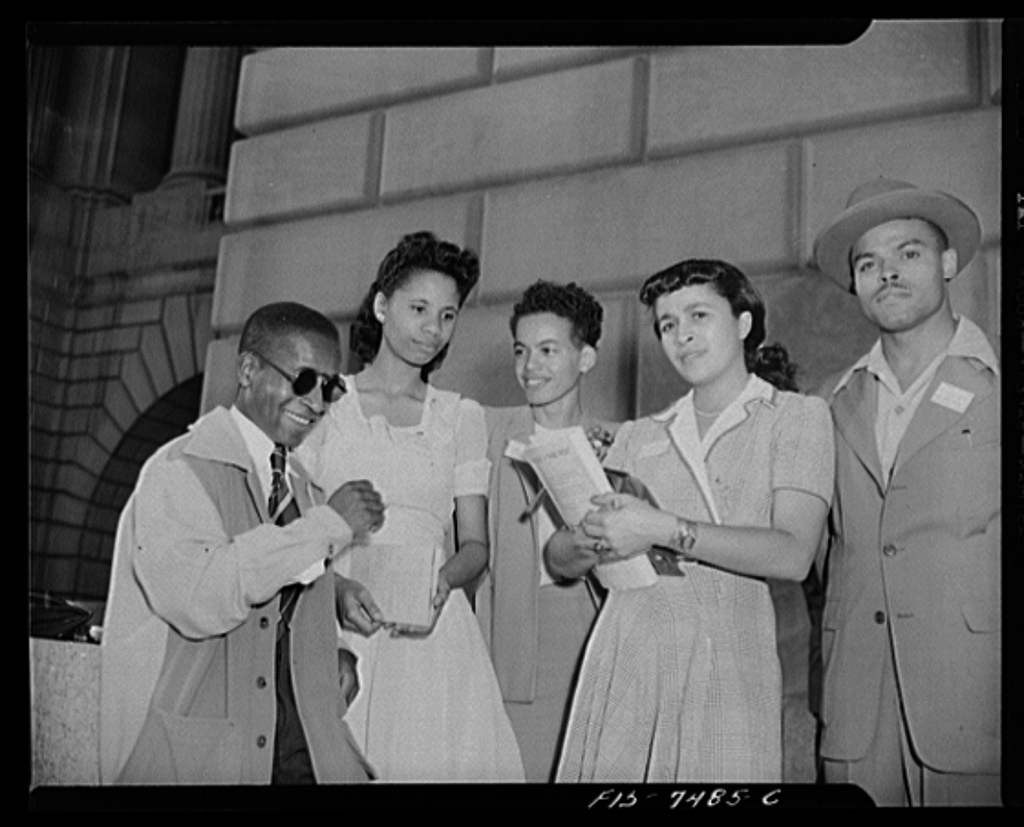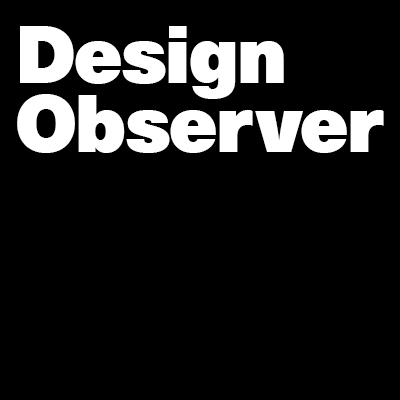
Gordon Parks, Washington, D.C. International student assembly. September, 1942. (Library of Congress)
As many of you—in whatever fashion—head back to school in these late summer weeks, our thoughts turn to students and educators.
But learning is not limited to schools. We all need education, which both offers and obliges us to engage in an emancipation of the mind.
Emancipation of the mind, incidentally, was the Armenian-American artist Arshile Gorky’s definition of abstraction. And while it might be more accurate to qualify these as ambiguous times, asynchronous times, and depending how engaged you are politically, amoral times, a little abstract thinking might not be such a bad thing right now.
In the context of education, and inquiry, and reframing the ways we ask questions (and the questions we are asking), you might consider availing yourself of this extraordinary—and regularly updated—list of Anti-Racist Design Resources, crafted with the needs of Black design communities in mind, to deepen the work of anti-racism work within design disciplines. Many (but not all) are architecture-related, but efforts to reframe Design Justice will resonate well beyond that disciplinary purview: of these, The Design Justice Network is an international community of people and organizations committed to rethinking design processes so that they center on the lives of people who are too often marginalized by design.
Marginalized people, it bears saying, are frequently targeted by algorithms that fail to recognize and respond to their needs. Joy Buolamwini’s work with the Algorithmic Justice League is focused on precisely this issue. (You can join the movement here.)
Finally, The Youth Design Center is a nonprofit on a mission to reduce the number of disconnected youths by lowering barriers to entry in the STEAM professions by way of increasing their relevant experience.
If you are already a matriculated student (or an educator scrambling to adapt to current circumstances) there are many online resources: here’s one, possibly useful as it outlines the criteria, in alternative environments, for successful learning outcomes; and there are some thoughtful insights in this essay, written rather early in the pandemic, about creative teaching in isolation.
But the need to rethink every aspect of education includes a number of other critical questions, among them:
How do you reframe design education so as to begin closing the diversity gap across the design industries? Start with Jacinda Walker’s 2016 master’s thesis, here.
How do historical curricula expand to include more diverse representation? An excellent article in ArtNews by Dushko Petrovich, who makes a cogent case for diverse teaching voices driving more robust and inclusive offerings.
How do institutions of higher learning address and adapt to length histories of systemic racism? Randall Kennedy’s thoughtful exposé in The Chronicle of Higher Education outlines a legacy of deprivation, decades of administrative evasiveness, and a culture of hyperbole and hypocrisy across some of the nation’s most elite universities. (NB: This essay is behind a paywall, but likely accessible for anyone with a university affiliation, where your library will probably have a subscription.)
And finally:
How can we educate young architects and designers without acknowledging uncomfortable realities—like this one? Read this: it's as good a place to begin emancipating your mind as any, and it will make you think.
We’ll be back next month with more, and remind you that your suggestions are welcome here.

